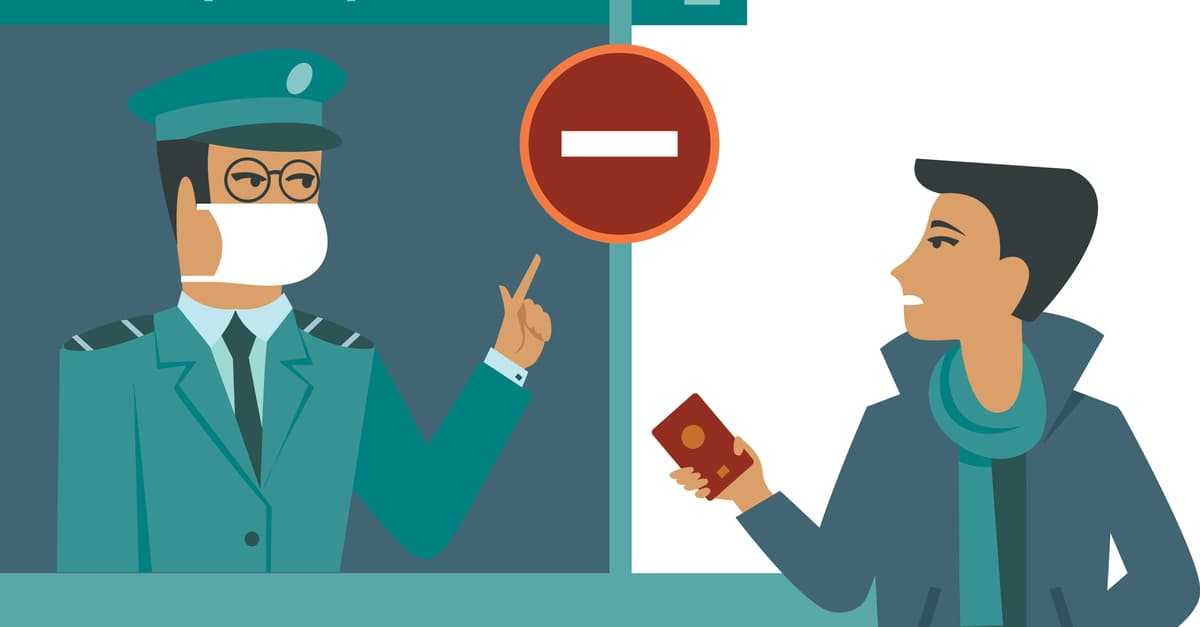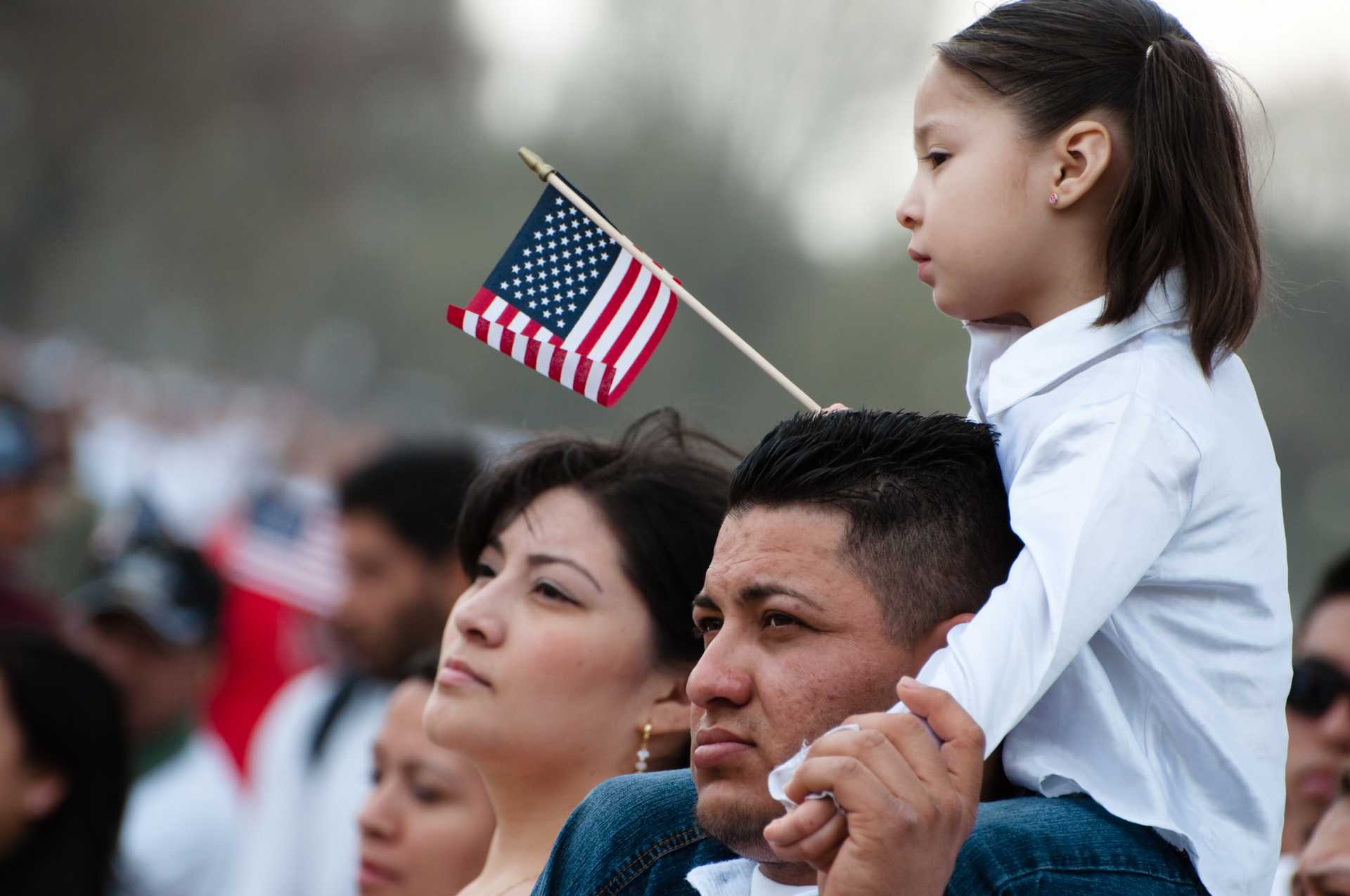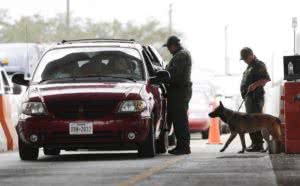Cell Phone and Laptop Privacy at the Border
It is firmly established in case law that when a suspect is arrested, their cell phone cannot be searched without a search warrant, subject to some very narrow exceptions. However, the rules regarding cell phone and laptop searches at the border are much less restrictive.
The most common way CBP (Customs and Border Patrol) obtains access to cell phone and laptop data is through consent. If an agent wants to look in your cell phone or laptop, they may simply ask for your permission.
For laptops, CBP can do a “quick look” into the laptop without any reasonable suspicion of criminal activity. This means they can turn on the computer and briefly search through what is on the computer. If CBP wants to keep the computer and subject the computer to forensic inspection, they only need reasonable suspicion that the laptop contains evidence of criminal activity. This is far less than the standard that traditional law enforcement would have to prove in the same situation, which is probable cause.
Federal courts have been presented with several cases involving electronic device searches at the border and so far, courts have held that CBP’s broad search authority extends to electronic devices, with the exception of “forensic” searches, which are done by specialists in order to gain access to hidden or password protected files.
However, CBP has issued a policy directive, which gives a bit more clarification. The directive reiterates that agents have the constitutional authority to search electronic devices. If a device is password protected, and agents are unable to perform the basic search of the device agents could hold the device for a period of days, with supervisory approval. Although technically there is no level of suspicion required to do this, the requirement for supervisory approval should ideally help to ensure that devices are not kept arbitrarily.
(https://www.cbp.gov/sites/default/files/assets/documents/2018-Jan/CBP-Directive-3340-049A-Border-Search-of-Electronic-Media-Compliant.pdf)
Additionally, this policy directive specifically addresses the special procedures that agents should follow if a traveler claims that information contained in an electronic device is protected by attorney-client privilege.
Travelers entering the U.S. with electronic devices should be mindful of CBP’s relatively broad authority to search these devices. If you have any questions regarding the legality of a CBP search, you should speak with a licensed attorney.
Recommended Articles

SCOTUS clarified that a legal permanent resident alien can be physically in the U.S., commit a criminal offense, and still be inadmissible.

Fifth Circuit: Former Informants Are Not Protected Group

The Secretary of Health and Human Services has asked the Pentagon to add 5,000 more beds for young people. During last year’s surge of undocumented persons, the military opened emergency shelters to house the migrants at bases in Oxnard, San Antonio and Ft. Sill, Oklahoma.

On September 26th, 2015 U.S. District Judge Dolly M. Gee granted final approval of the settlement in Franco v. Holder, paving the way for previously deported immigrants with severe mental disabilities to request to reopen their cases in Immigration Court, and if approved return to the United States.

The defense attorney has an affirmative duty to properly advise. It is not enough to say it is a “possibility” under those circumstances.

About Michael Harwin
Michael’s skill and experience have been recognized repeatedly. He holds an A-V 5/5 preeminent rating by Martindale Hubbell. He has been named one of the top lawyers in Arizona by Southwest Superlawyers, and one of the best lawyers in Tucson by Tucson Lifestyle Magazine. He also has been named one of the best lawyers in the United States by BestofUS.com , and given the highest rating possible by AVVO, 10/10 Superb. Amazon Books


